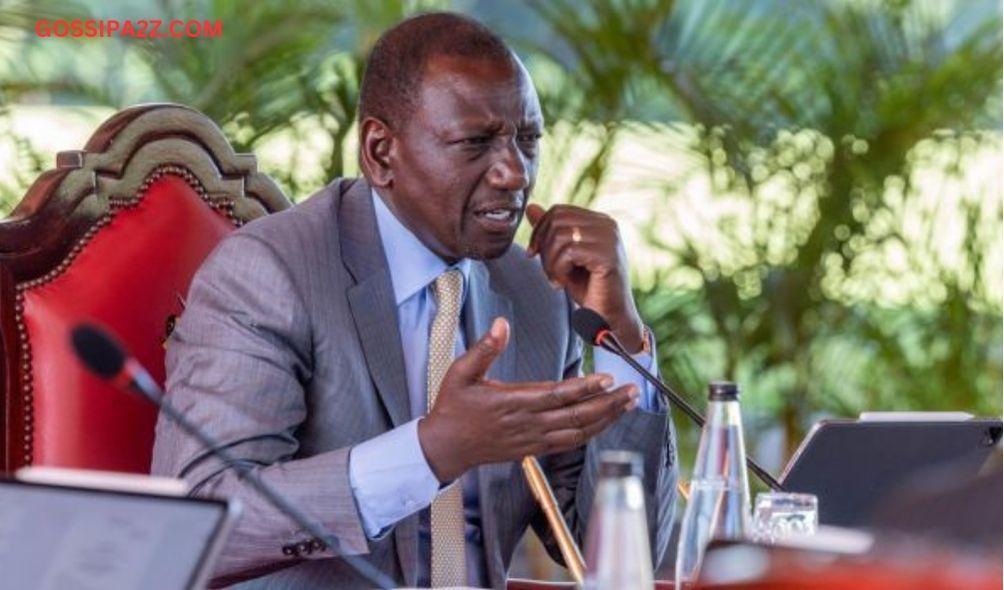How Ruto’s Digital Nomad Visa Will Affect You
Kenya introduced a digital nomad permit on Wednesday, October 2, making it one of the few African countries targeting the growing population of remote workers.
This move stands out among President William Ruto’s policies, avoiding the usual criticism. But what impact could it have on ordinary Kenyans?
Digital nomads are remote workers, often earning substantial incomes in foreign currencies like US Dollars, British Pounds, or Euros, who are not tied to a specific location.
Their roles, primarily in tech and other digital industries, allow them to work from anywhere globally, favoring countries with a lower cost of living and appealing lifestyles.
The global population of digital nomads is on the rise, with around 40 million in 2023, projected to grow to 60 million by 2030.
Countries such as Costa Rica, Portugal, and Mexico have already embraced this trend, offering extended visas to attract digital nomads.
In Africa, Kenya joins Mauritius, Seychelles, Cape Verde, and Namibia in seeking this opportunity.
So why is Kenya targeting digital nomads? The economic potential is substantial.
These professionals, often from wealthier nations like the US, Canada, and the UK, look for destinations that offer affordability and natural beauty.
Kenya’s attractions, such as the Masai Mara and Nairobi National Park, make it a highly appealing option.
But it’s not just about tourism—when digital nomads settle in a country, they spend on accommodation, food, transportation, and entertainment.
Their expenditure stimulates the local economy, benefiting businesses like Airbnb rentals, restaurants, and taxi services.
This inflow of foreign currency can help boost the local economy, particularly in tourist-friendly areas.
Furthermore, increased spending by nomads can generate higher tax revenue from private businesses, supporting public services.
ALSO READ:
- Inside Job Exposed: Kenyan Prison Wardens Convicted for Orchestrating Daring Terrorist Escape
- Uganda Pulls the Plug: Nationwide Internet Blackout Ordered Days Before Crucial General Election
- African Elections Under the Spotlight as Zambia Turns to Kenya Ahead of 2026 Vote
- “Two Drug Barons in Cabinet?” Kenya Government Fires Back as Ex-Deputy President Sparks Explosive Drug Claims
- Kenyan Court Freezes Use of Private Lawyers by Government, Sparks Nationwide Legal Storm
For Kenya, this represents a chance to grow the economy without requiring direct government investment.
The potential revenue from digital nomads could rejuvenate the hospitality and service industries, promoting growth in popular areas.
The digital nomad trend isn’t new. It has already impacted cities like Medellín, Colombia, and destinations across Southeast Asia. However, their arrival also brings challenges, like increasing living costs. Portugal, for instance, has recently limited Airbnb licenses to control housing prices.
Kenya’s digital nomad permit also faces obstacles, particularly the lack of a specific legal framework for digital nomads.
Currently, they must obtain costly work permits, which are often inaccessible as they work for foreign employers, limiting contributions from high-income individuals.
Without a simplified visa process, Kenya could lose out to countries like Mauritius, which offer affordable, streamlined applications.
Bureaucratic complexities could deter potential nomads, restricting the expected economic benefits.
There are also concerns over rising housing costs, as seen in Portugal and Bali, where the influx of wealthy foreigners has priced out locals.
If not well-managed, digital nomads could strain resources and increase economic disparity, with gains benefiting specific sectors while many Kenyans are left out.
Kenya must address these potential challenges. The digital nomad economy offers significant opportunities, but poor management could put pressure on local resources.
Ensuring affordable housing for Kenyans and protecting local businesses from being overshadowed by international interests will be crucial for sustainable success.
How Ruto’s Digital Nomad Visa Will Affect You
